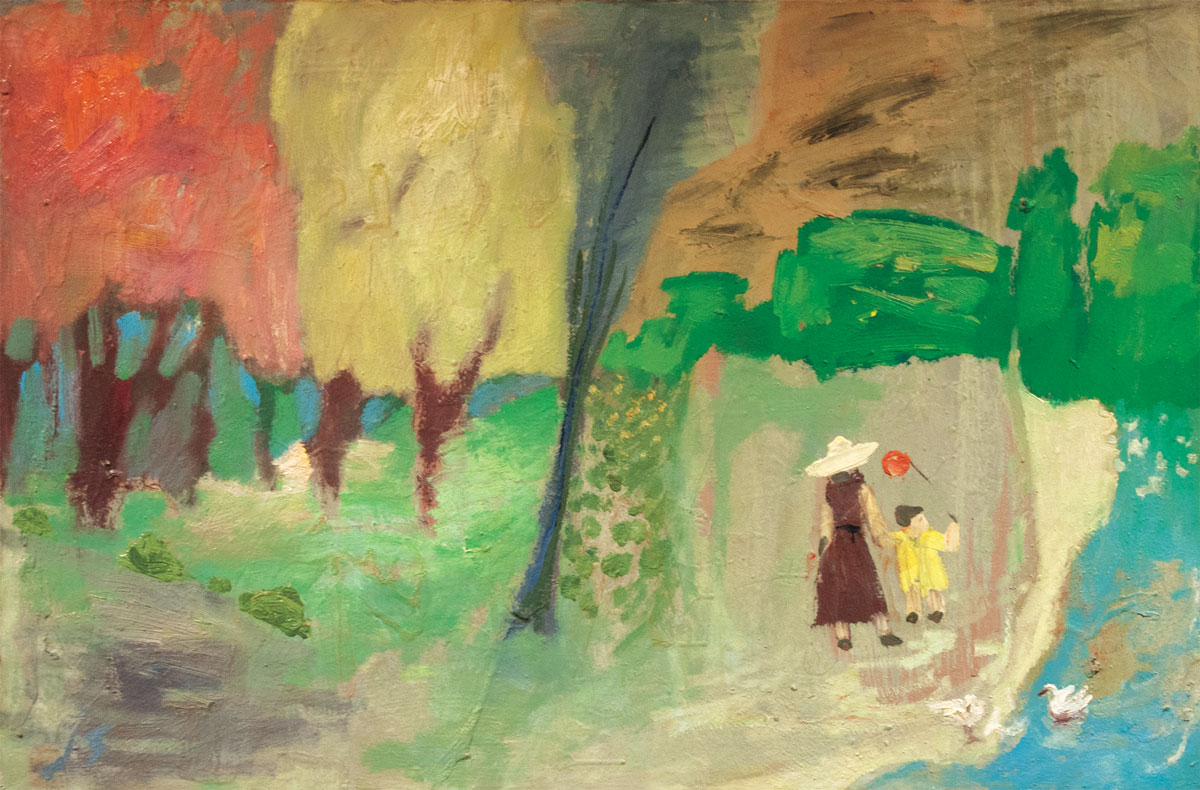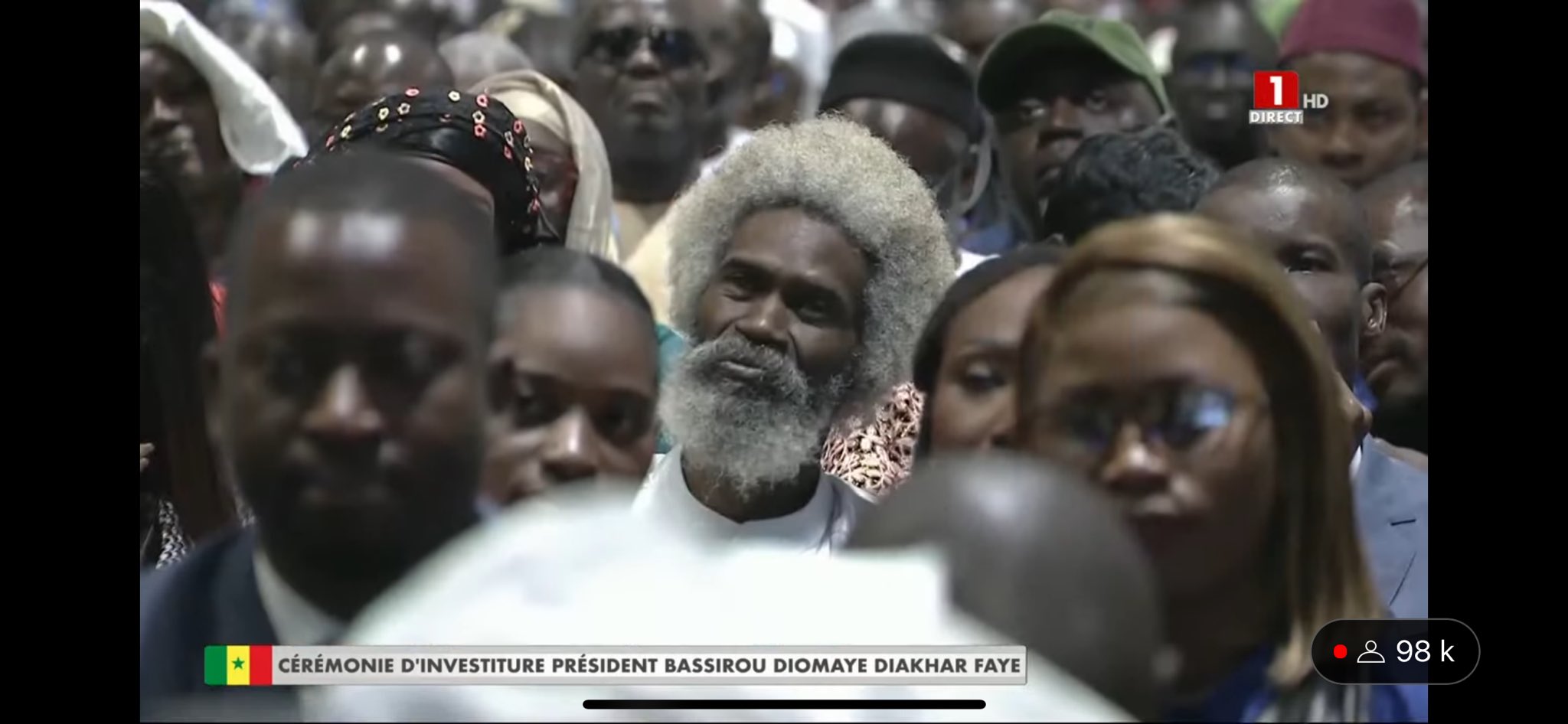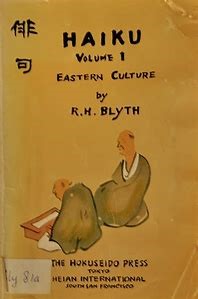“In other words, ‘Gwangju’ had become another name for whatever is forcibly isolated, beaten down, and brutalized, for all that has been mutilated beyond repair…”[1]
Those words, voiced by a character who’s a stand-in for author Han Kang, speak to what drove Han to write Human Acts—a novel meant to be commensurate to the uprising against martial law in South Korea that led to mass murders in the city of Gwangju in May of 1980. The story, as narrated by Kang’s circle of lightly fictionalized witnesses, didn’t end during that month of death. In ensuing years, more misery was inflicted upon insurgents who survived the initial massacres. Human Acts traces their sufferings as well as the unending trauma endured by every South Korean condemned to remember what made “Gwangju” a byword for terror.
I doubted I was up to writing about Human Acts but, prodded by wind gusts on a bright Saturday that made May seem like March (and reminded me I’d been stalling), laggardly me made a start. Though I stopped to attend a Standing Together protest in Union Square. (I’m guessing Han would’ve given me dispensation.) What was blowing in the wind that weekend was amped up by news from Gaza—where bombs (I help pay for) drop on innocent Palestinians as Hamas hides in their tunnels and the hostages moulder.



